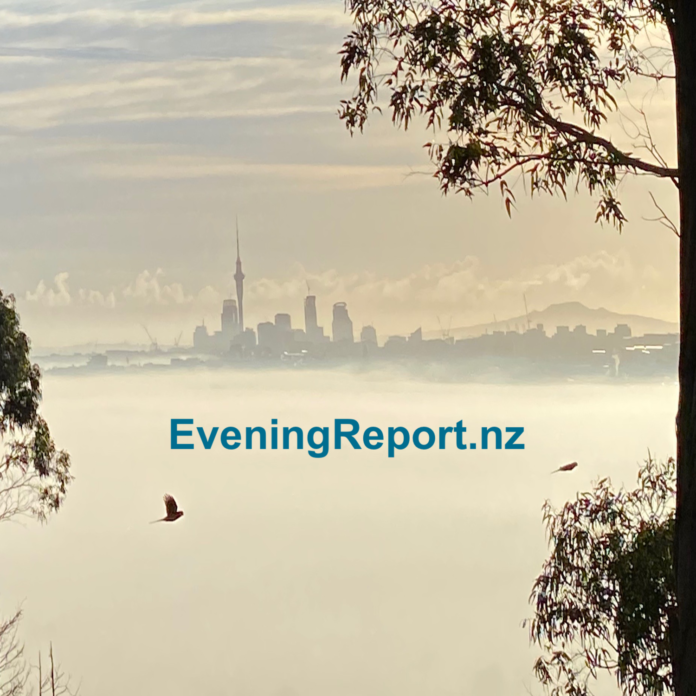By Scott Waide, RNZ Pacific PNG correspondent, and Lydia Lewis RNZ Pacific journalist
Papua New Guinea is today celebrating almost half a century of independence from Australia.
The journey has not been easy, and the path since 16 September 1975 has been filled with challenges and triumphs, Prime Minister James Marape said in a statement.
“In 1975, Papua New Guinea raised its own flag and took its place among the sovereign nations of the world,” he said.
Papua New Guinea’s High Commissioner to New Zealand Sakias Tameo, said Papua New Guineans around the world were celebrating 49 years of freedom:
“The birth of the country is very important to Papua New Guinea,” Tameo said.
Papua New Guineans will be celebrating in red and yellow colours all throughout Papua New Guinea.
“It’s a great day.”
Unique culture
Papua New Guinea has more than 800 languages and distinct cultures.
In the 1970s, when a young Michael Somare, Pita Lus, Julius Chan, John Momis and other leaders decided to push for independence, they faced a mammoth challenge of uniting the land of many tribes and languages.
They travelled widely and studied the decolonisation process in Africa and drew lessons from countries like Tanzania and Zimbabwe.
But back home, many people still did not understand the concept of political independence.
As Deputy Chairman of the Constitutional Planning Committee, John Momis, travelled to every district to consult with people who were going to be citizens of the new country.
The committee incorporated their thoughts on culture, languages and family into the new constitution.
Poverty – inequality – corruption
The journey has not been without its difficulties, Marape said.
“Poverty, inequality, corruption, and service delivery challenges continue to test us as a nation,” he said.
“However, each challenge is also an opportunity-an opportunity to do better, to serve our people more effectively, and to chart a brighter course for future generations.”
Looking to the future, Marape said he wanted to invest in education, make headway on building a robust economy, fight corruption and unite the country.
“In the coming year, we will face challenges, but I am confident that if we remain united, focused, and committed to the vision of our forefathers, we will overcome them and continue to build a nation that our children and grandchildren will be proud of,” Marape said.
This article is republished under a community partnership agreement with RNZ.
Article by AsiaPacificReport.nz





